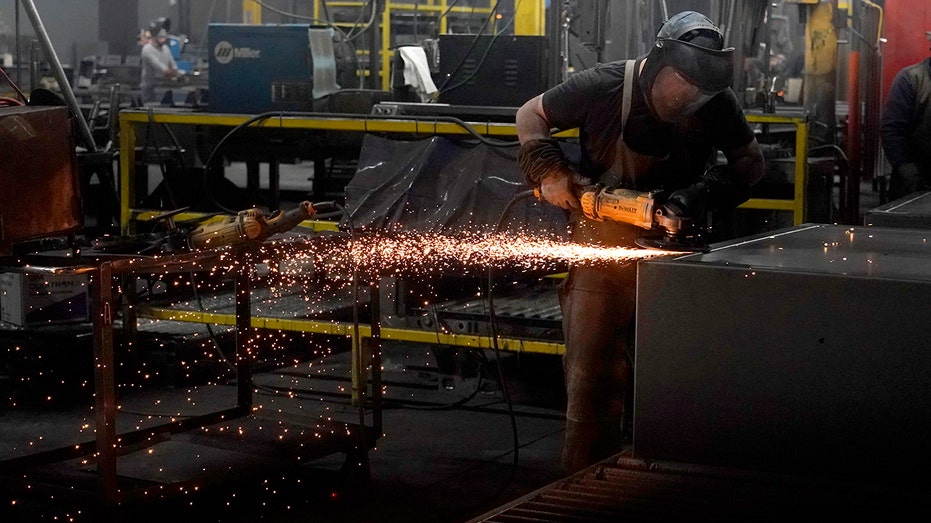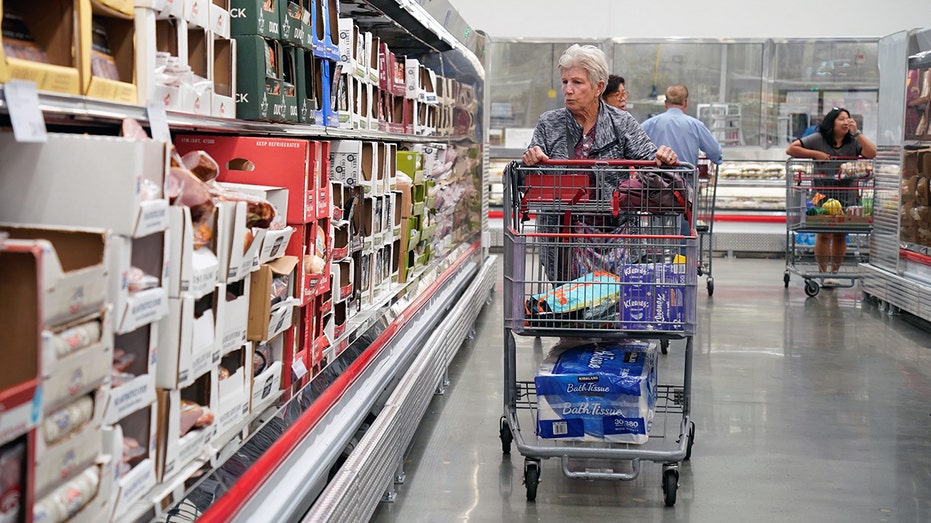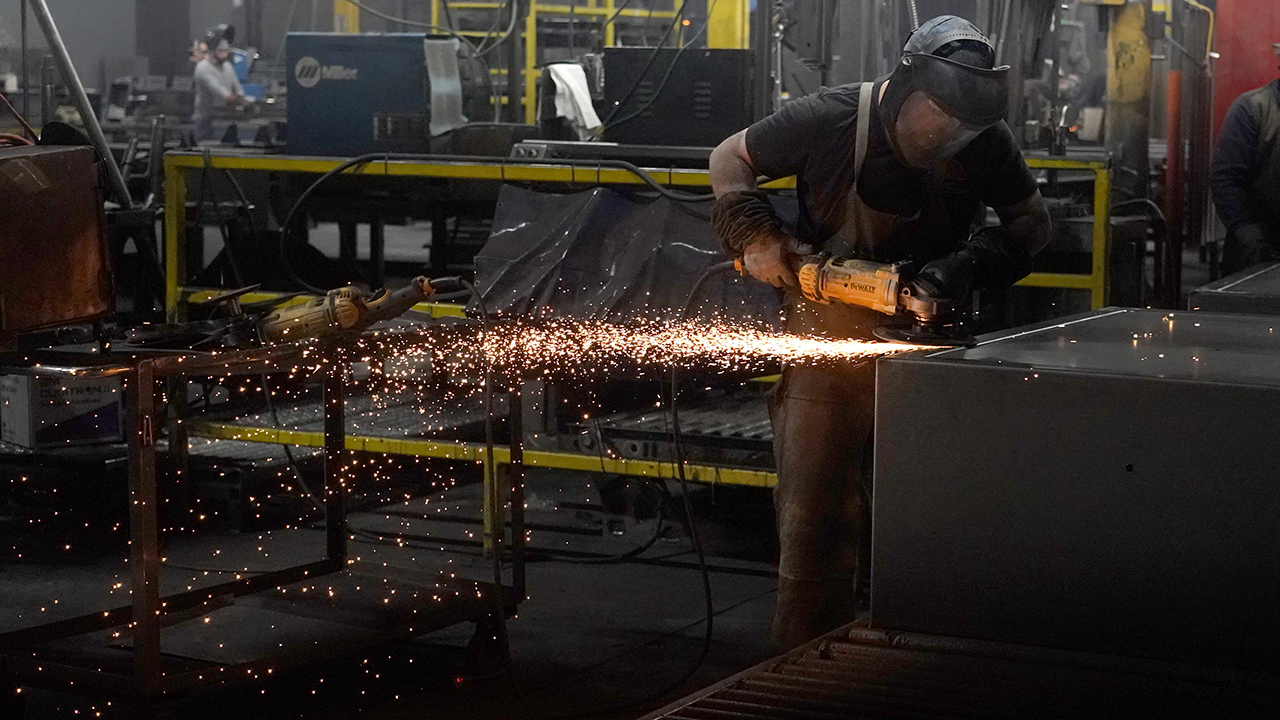US economic growth revised up to 5.2% in third quarter
US economy grew faster than previously believed in the third quarter
The US economy is on ‘the right track,' White House economic advisor says
Council of Economic Advisers Chair Jared Bernstein tells ‘FOX News Sunday’ that "real wages" are rising and the job market is "as tight as it’s ever been."
The U.S. economy grew at a faster pace in the third quarter than previously reported, underscoring its resilience even in the face of still-high inflation and steep interest rates.
Gross domestic product, the broadest measure of goods and services produced across the economy, grew by 5.2% on an annualized basis in the three-month period from July through September, the Commerce Department said in its second reading of the data Wednesday. That compares with the previously reported 4.9% increase driven in part by summer spending on things like concerts and travel.
It marks the fastest pace of growth in nearly two years.
WORKERS NOW DEMANDING NEARLY $80K TO START NEW JOB

A worker grinds a weld on a safe that is being manufactured at Liberty Safe Co. on March 22, 2022 in Payson, Utah. (George Frey / Getty Images)
The change largely stemmed from upward revisions to both government and business spending. However, the report also included a downward revision to consumer spending, which was lowered to a 3.6% rate.
"The latest report was a mixed bag. Consumer spending was revised down to 3.6% annualized from 4.0% but government spending was revised up," said Jeffrey Roach, chief economist at LPL Financial. "Consumer data often get revised downward as the economy downshifts and this is what we are seeing with recent reports."
| Ticker | Security | Last | Change | Change % |
|---|---|---|---|---|
| I:DJI | DOW JONES AVERAGES | 49395.16 | -267.50 | -0.54% |
| I:COMP | NASDAQ COMPOSITE INDEX | 22682.729157 | -70.91 | -0.31% |
| SP500 | S&P 500 | 6861.89 | -19.42 | -0.28% |
FED LEAVES INTEREST RATES UNCHANGED DESPITE STILL-HIGH INFLATION

Customers shop at a supermarket in Foster City, California, on Sept. 13, 2023. (Li Jianguo/Xinhua via / Getty Images)
Despite the surprising show of strength, there are other signs the economy is beginning to slow. Job growth is moderating; the housing market – which is vulnerable to higher interest rates – is trapped in a prolonged downturn; and consumer spending has shown signs of cooling off.
Many economists expect to see further cooling in coming months as higher interest rates continue to work their way through the economy. Steeper borrowing costs tend to create higher rates on consumer and business loans, which slow the economy by forcing employers to cut back on spending.
GET FOX BUSINESS ON THE GO BY CLICKING HERE
"As we warned last month, evidence of economic strength over the summer could mislead some to assume the economy is on a strong trajectory – it is not," said Gregory Daco, EY chief economist. "We continue to believe cooler days are on the horizon with cost fatigue – the perception that the cost of everything is higher than pre-pandemic – rising debt servicing burdens and slowing job growth dampening consumers’ and businesses’ ability and desire to spend and invest."





















